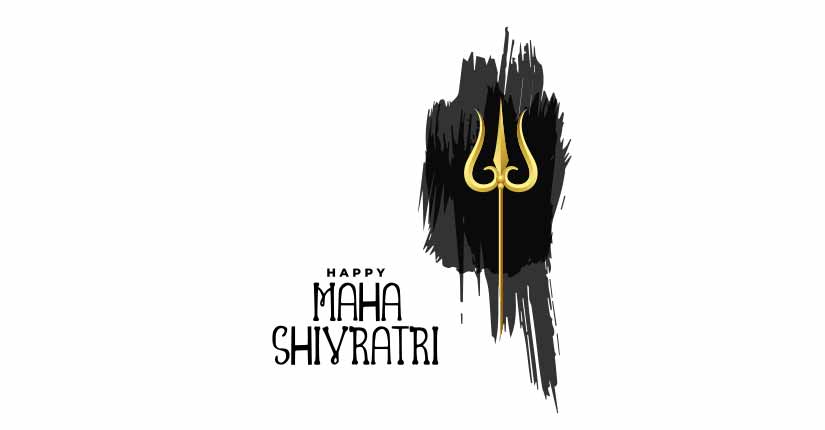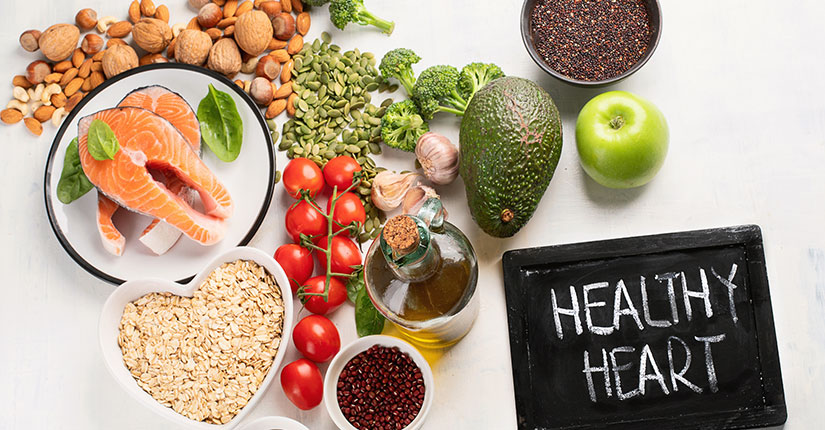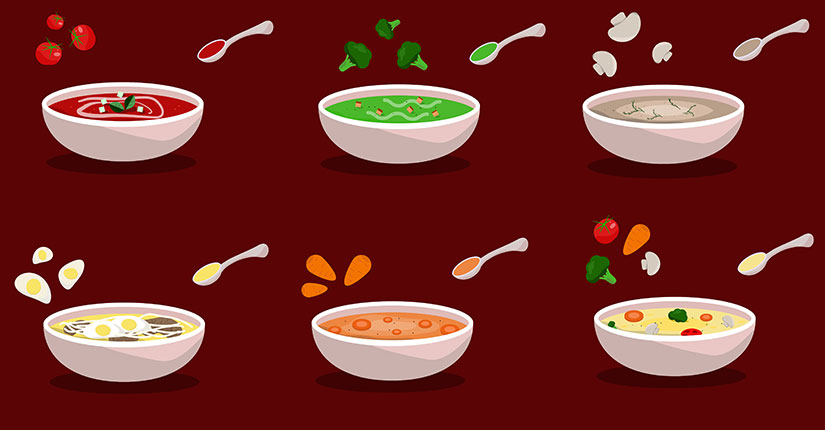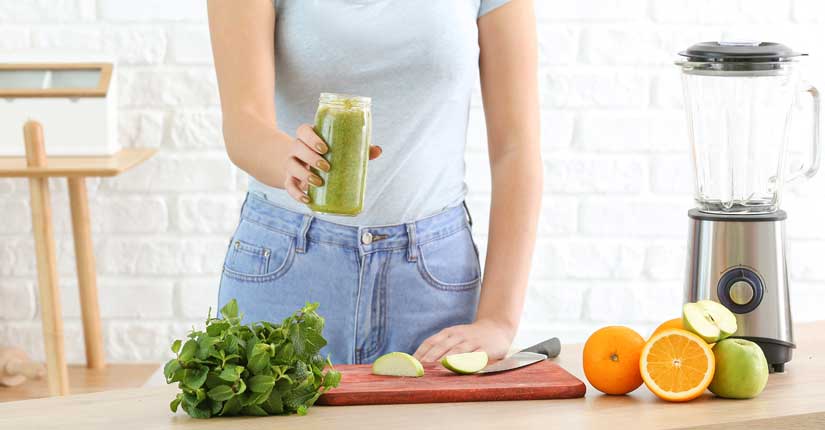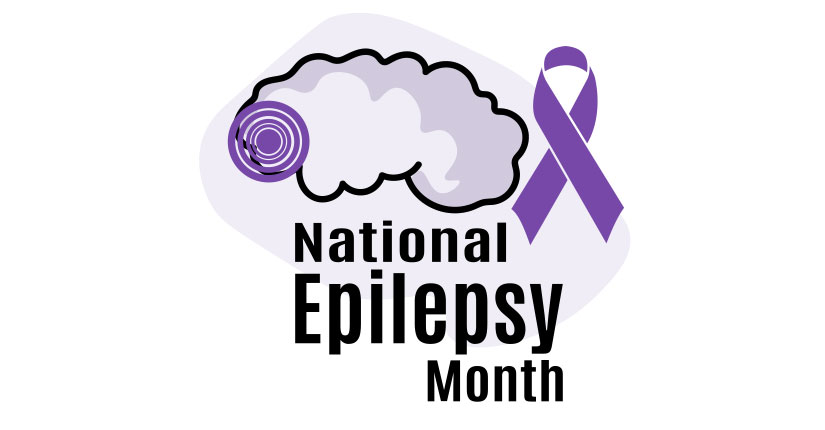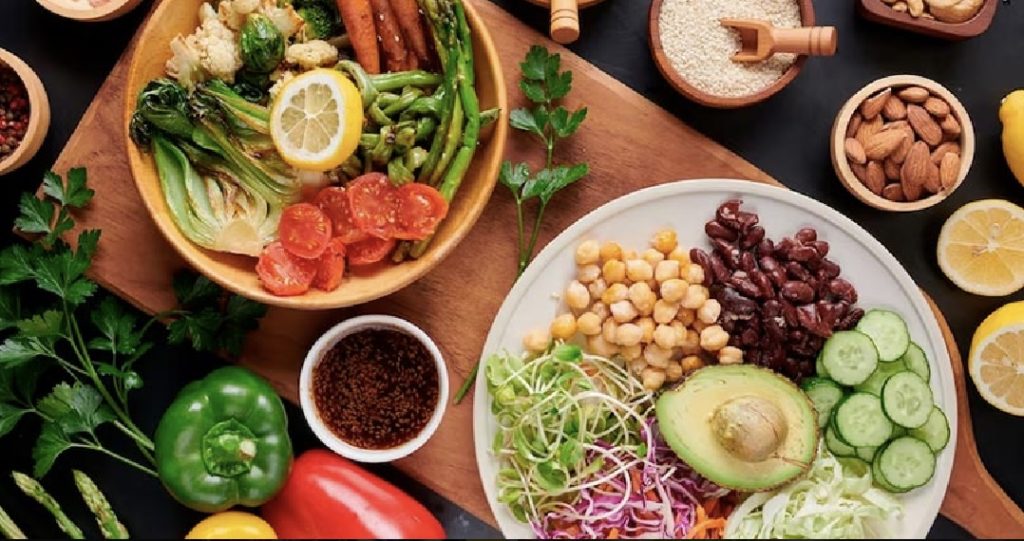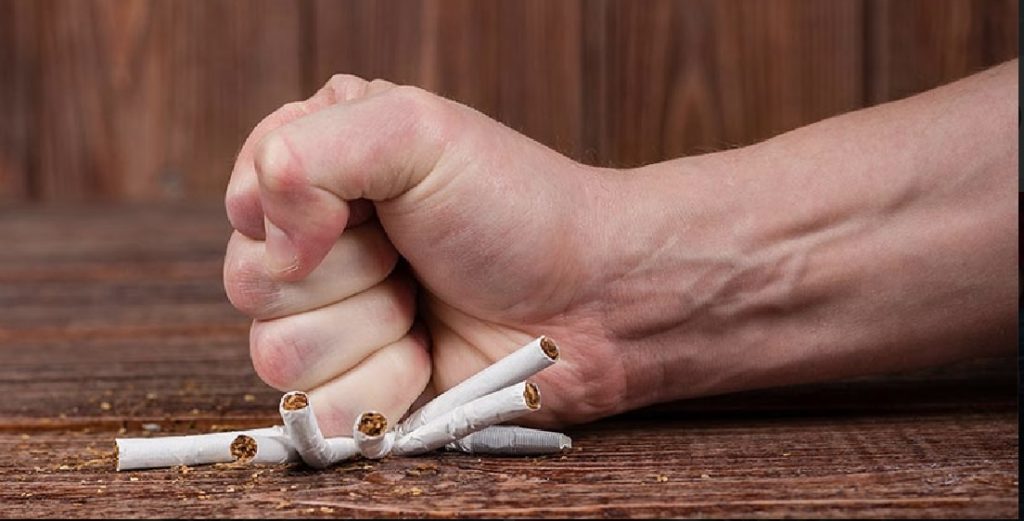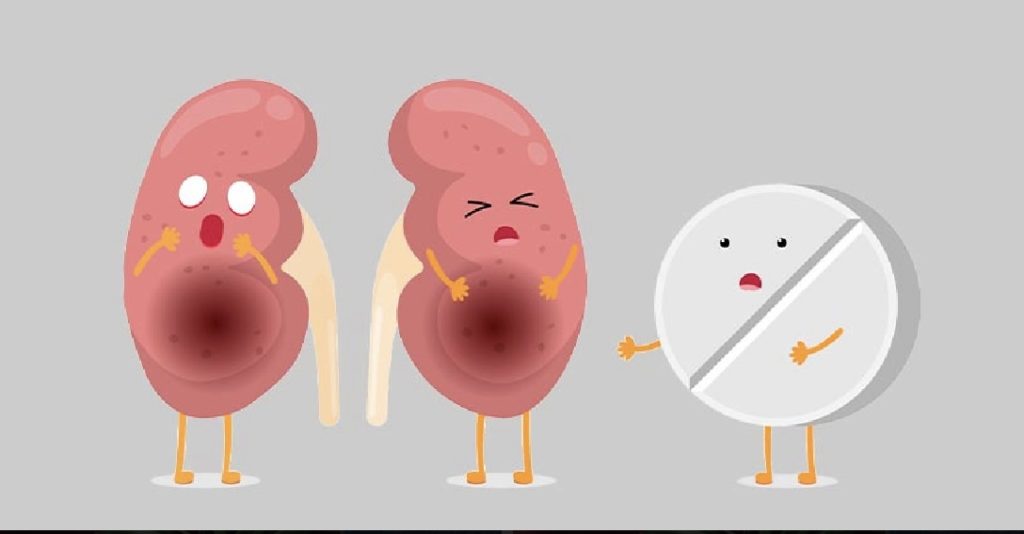Fasting Guidelines for Auspicious Navratri Festival
By Nmami Agarwal 17-Oct 2020 Reading Time: 5 Mins
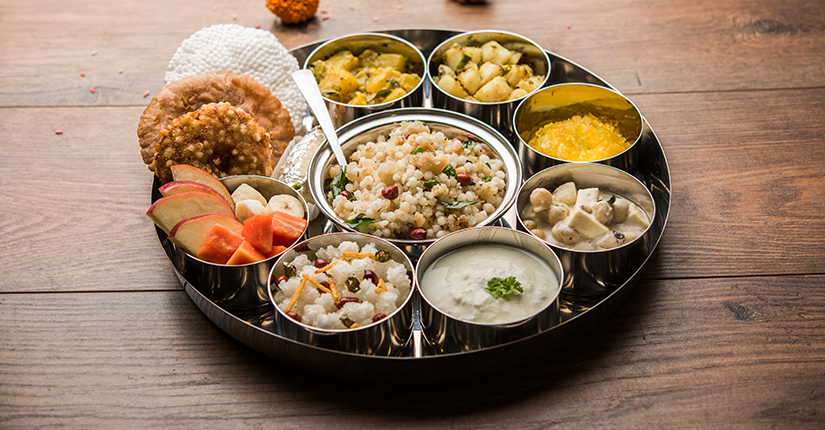
Navratri is widely celebrated twice a year by the Hindus- the Vasant Navratri, and the Sharad Navratri. Sharad Navratri this year, will be celebrated from today until the 25th of October. During this festival, the devotees worship the nine incarnations of Goddess Durga. The fasts observed in these 9 days of zeal and enthusiasm, is also backed by science. A change in season is followed by slow digestion and wrecks a challenge on the immune system to combat flu and viruses.
Hence, observing a fast help in fortification from the within. But before you decide to keep the 9-day fast, read the below-mentioned guidelines for detailed know-how on the same.
- Start your day right.
- Have frequent meals.
- Make use of the variant of flours.
- Choose low-fat.
- Keep yourself well-hydrated.
- Have an early dinner and move a little.
Giving a right start to the day can flush out the toxins, activate the digestive system, and boost your metabolism. Start by having 1-2 glasses of warm water in the morning, with some lemon in it. Then go on to have any herbal tea of choice. You can add mint leaves, ginger, holy basil, black pepper, clove, fennel seeds, or cumin seeds as ingredients for the tea. Post the herbal tea, you can have soaked nuts and seeds, or any fruit of choice.
Having small meals throughout the day will help in maintaining healthy blood glucose levels. Starving yourself is not a good idea. Hence, include a variety of fruits and vegetables in your day. Have coconut water for a better energy level, and try to avoid sugary and fried food items as much as possible.
Wheat and rice are prohibited while observing the fast. Hence, make use of alternatives like amaranth flour, buckwheat flour, and water chestnut flour. Adding them in your diet will make you feel fuller for a longer period of time, while also reducing your craving for unhealthy and heavy food, which is normally cooked in the kitchen for Navratri feast.
Rather than opting for full-fat dairy products, opt for low-fat options like low-fat milk and low-fat yoghurt. Doing so will not only provide you with the nine essential amino acids but also keep the fat percentage low. Also, include more good fats as they will give you energy and the fibre content will keep you feeling full.
Hydration is the key while fasting. Dehydration will create havoc on your digestive system, and the functioning of other organs too. Hence, keep a bottle of water with you every time. You can also include buttermilk, lemon water, lemon and honey water, coconut water, vegetable and fruit juices, or veggies like cucumber and tomato for staying well hydrated.
Try to close your dinner by 7 p.m. Late dinner will make you feel bloated and the already suffering digestive fire will not be able to digest and assimilate the food properly. Keep a gap of at least 3-4 hours between dinner and bedtime. Also, it is advised if you go for a walk post your dinner for easier digestion.
Over to you.
This year Navratri may not be as loud, and fun. But, the auspicious occasion will still be looked forward at by the Indian households. So if you are observing a fast, make sure that you follow the above-mentioned guidelines and most importantly, do not gobble up the food post the fast as it would do more bad than good. Take it slow and mindfully. On that note, Happy Navratras.

